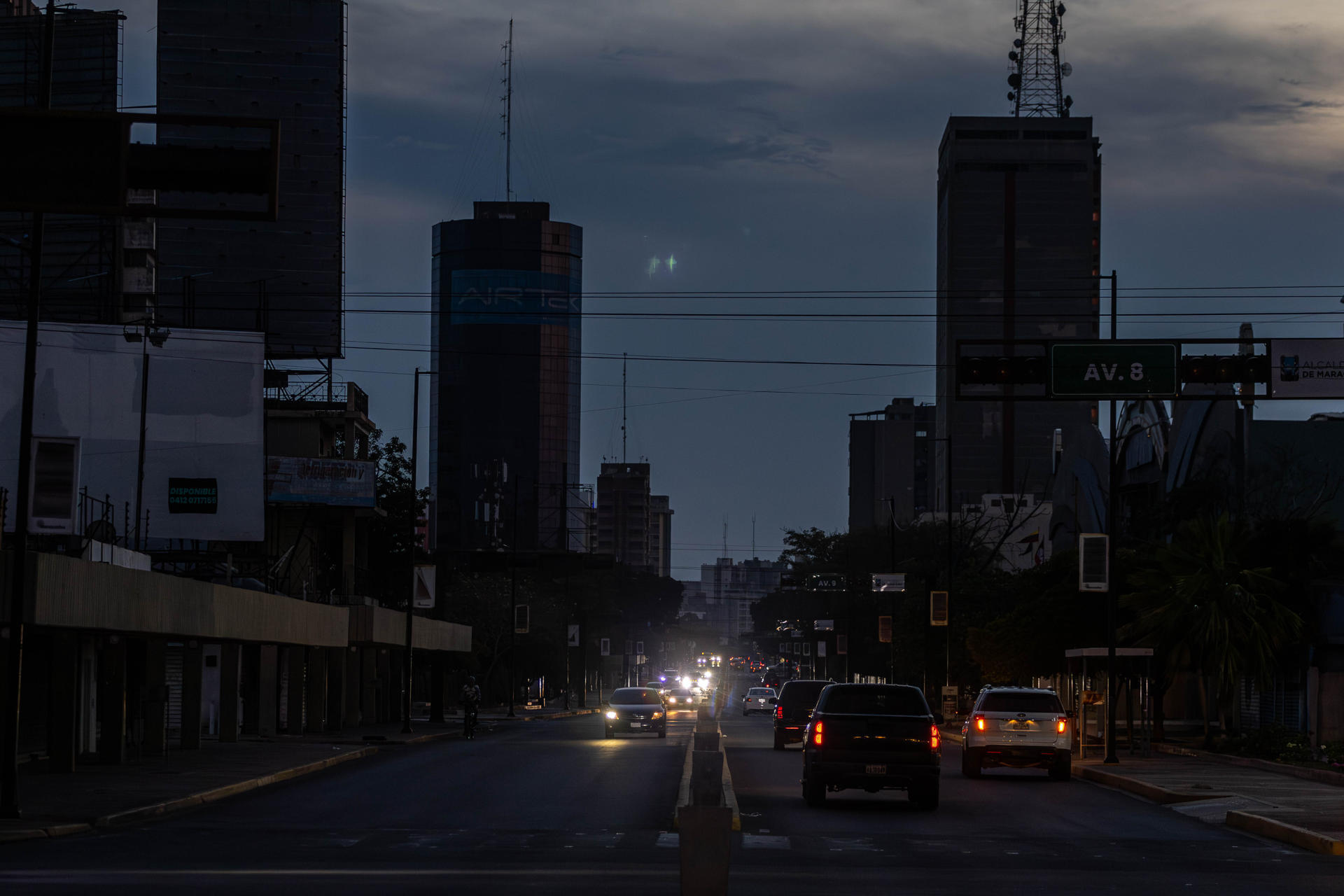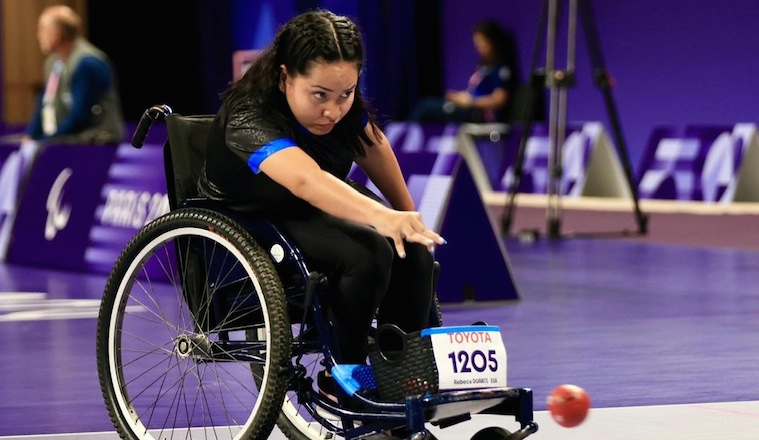With connectivity problems and a large police and military surveillance operation, Venezuela has experienced this Friday The longest blackout since March 2019 -when the oil-producing nation spent several days in the dark-, after suffering a power failure that disrupted daily life in the country, at a time when it is going through a political crisis.
After half a day without electricity, the state channel Venezuelan Television (VTV) said that authorities were gradually restoring service, although some Internet users reported fluctuations in various areas, as well as new outages in communities where the supply had been restored.
A disconnected country
According to official information, the failure occurred at 4:50 local time (8:50 GMT) due to a “sabotage” that left Caracas and the 23 states of the country without electricitysome of which experience service outages or fluctuations on an almost daily basis.
Organizations such as Ve Sin Filtro reported that, on average, Internet connection dropped by up to 20% across the country, meaning that 8 out of 10 Venezuelans were left, at least for a few hours, unable to access social networksdigital payment methods and electronic communication channels.
The blackout also limited – in some cases completely – the telephone signal, and left Underground transportation and thousands of traffic lights were out of service, resulting in traffic chaos. and pedestrians, especially those who went to work despite the power failure.
In Caracas, EFE confirmed that hundreds of people moved to some parts of the city in search of a telephone signal or Internet connection.
The usual suspects
From the first statements, the authorities pointed to the opposition leader Maria Corina Machado and the standard-bearer of the largest anti-Chavez bloc, Edmundo Gonzalez Urrutiaas alleged perpetrators of this “criminal attack”, without providing evidence.
The Ministers of Communication and Interior, Freddy Ñáñez and Diosdado Cabello, respectively, denounced that the blackout is part of a “coup plan” for which they accuse opposition leaders, while warning that “there will be justice” for this case.
This Friday, González Urrutia was due to appear before the Prosecutor’s Office – which has summoned him on three occasions – to testify in connection with an investigation against him, after the anti-Chavez leader claimed that he won the presidential elections on July 28, contrary to the official result, which gave victory to Nicolás Maduro, which has not been recognized by many countries.
Normality under surveillance
In view of the contingency, the Armed Forces activated a plan “to cover any situation at the national level,” according to the Minister of Defense, Vladimir Godfather Lopezwho highlighted the deployment of “a hundred officers” to help resolve the blackout, and that there has been no disturbance of public order.
The military, which according to the government is permanently monitoring the electrical installations, is seeking to preserve “normality,” a narrative reinforced in each VTV report, which has shown the restoration of electricity in some sectors and reiterates the accusations against the main opposition coalition, the Democratic Unitary Platform (PUD).
According to the Executive, hospitals are operating without incident – a claim that was refuted by various citizens through social networks – as are airports, where power plants have been activated to ensure the continuity of operations.
During the first half of the year, 397 protests were recorded across the country due to power outages, according to the Venezuelan Observatory of Social Conflict. EFE
#Venezuela #experiences #longest #national #blackout


